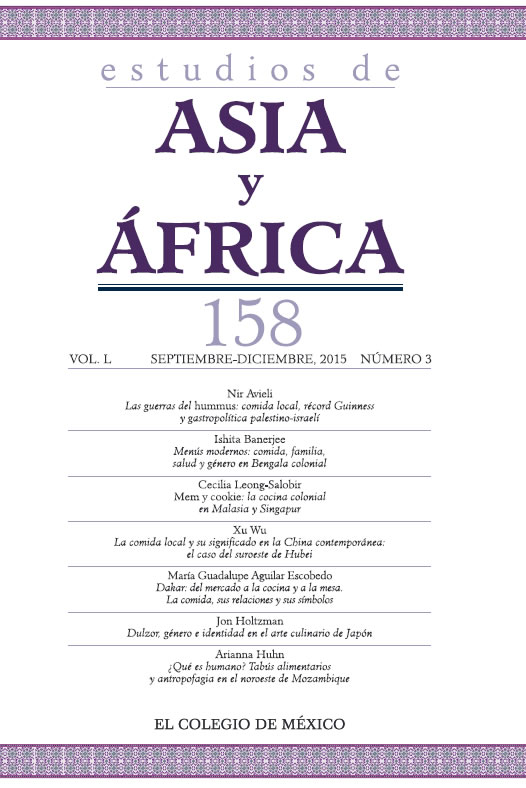Abstract
This article studies food folklore and identity in contemporary rural Kazakhstan, particularly the Dungan narodnost, which is a Chinese-speaking Muslim community historically perceived as an example of cultural conservation. This work aims to provide an overview, from the Dungan perspective, of the features that determine the cultural differentiation and ethnic classification within the region. Based on fifteen months of fieldwork carried out between 2011 and 2013 in Southern Kazakhstan, the work analyzes the Dungan’s material culture, specifically their food and utensils. The article is further divided into four sections: a general description of Central Asia’s Dungans, a pair of ethnographic vignettes, the vignette’s context, and, lastly, ways in which cultural conservation and folklore can be studied from a new perspective within the Central Asian context.
References
Dyer, Svetlana, “Karakunuz: An Early Settlement of the Chinese Muslims in Russia. With an English translation of V. Tsibuzgin and A. Shmakov’s Work”, Asian Folklore Studies, núm. 1-2, 1992, pp. 243-278.
Gramsci, Antonio, Quaderni del Carcere, Torino, Giulio Einaudi editore, 1977, Quaderno 8 (XXVIII).
Hirsch, Francine, Empire of Nations. Ethnographic Knowledge & the Making of the Soviet Union, Ithaca, Cornell University Press, 2005.
Imazov, M. Kh., A. A. Dzhon, M. V. Dzhumaza, R. M. Ismaeva, D. S. Madzhun, F. N. Khavaza, D. M. Khakhaza, I. S. Shisyr, S. I. Éliza, Dunganskaya Éntsiklopediya, Bishkek, Ilim, 2009.
Jiménez Tovar, Soledad, “Centripetal Mirrors. Cultural Conservation among Shaanxi Dungans in Kazakhstan”, tesis de doctorado, Halle, Martin-Luther-Universität Halle-Wittenberg, 2014.
Martin, Terry, The Affirmative Action Empire: Nations and Nationalism in the Soviet Union, 1923-1939, Ithaca, Cornell University Press, 2001.
This work is licensed under a Creative Commons Attribution-NonCommercial-NoDerivatives 4.0 International License
Copyright 2022 Estudios de Asia y África



